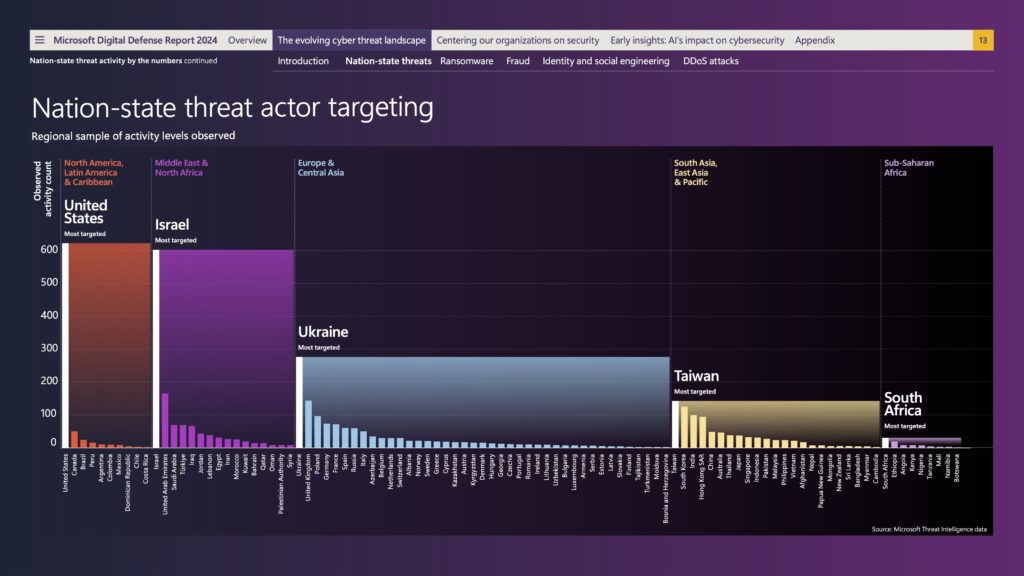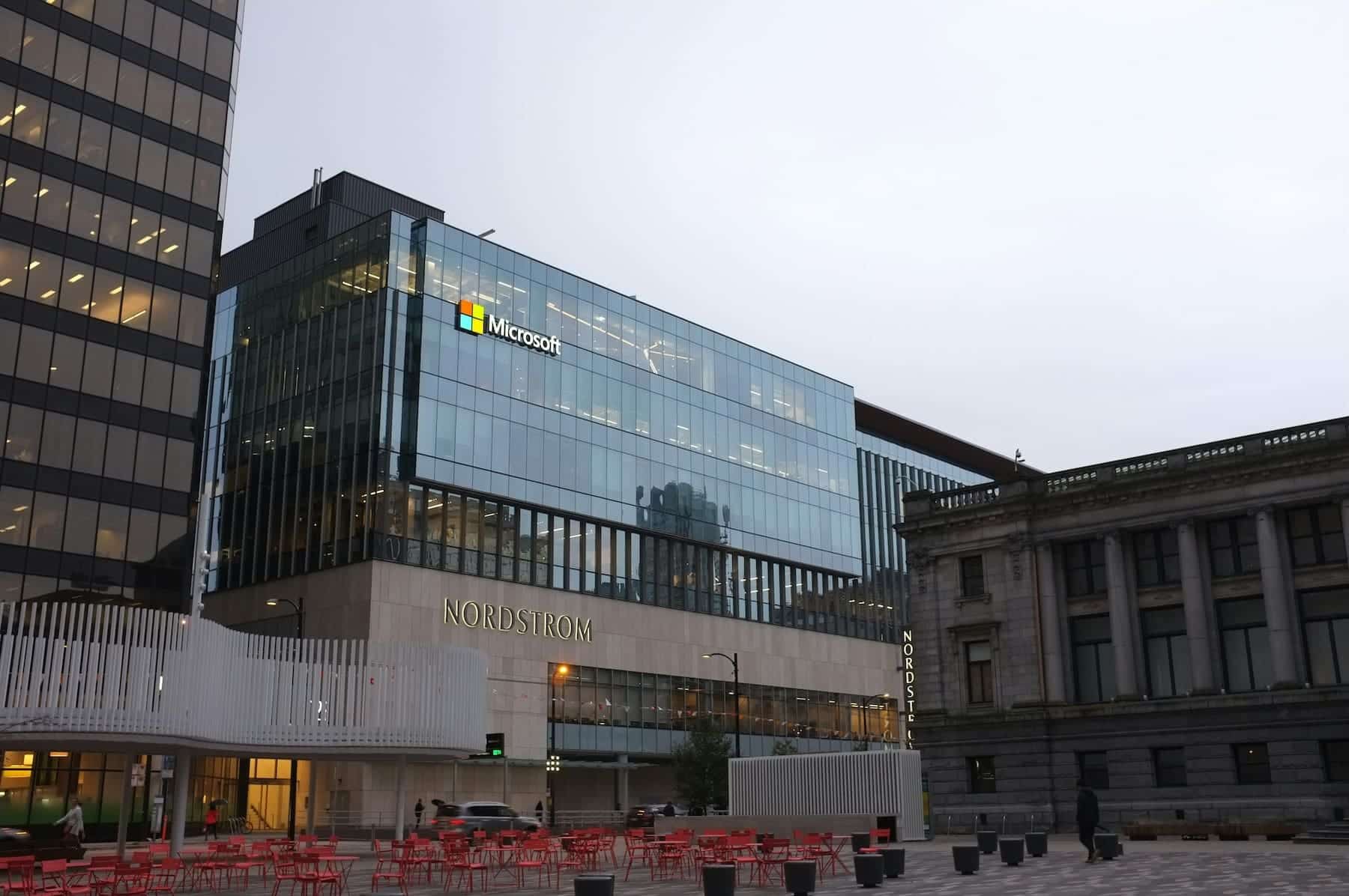Here’s the translation into American English:
Microsoft has published its annual report on cybersecurityCybersecurity solutions are essential in today’s era, revealing that it blocks 7,000 password attacks per second, double the attempts detected the previous year. This alarming increase has led the company to double down on Passkeys, a more secure and efficient authentication system that promises to eliminate the inherent vulnerabilities of traditional passwords.
A Growing Threat Landscape
The Microsoft report highlights a drastic increase in phishing attacks by adversaries in the middle (AiTM), which have grown by 146%. This trend confirms the urgency of migrating to more robust authentication systems to mitigate security risks.
According to Microsoft, the era of passwords is coming to an end. In light of this reality, cybercriminals have intensified their attacks to exploit the vulnerabilities of current systems before passwords are permanently replaced by more secure technologies.
The Future of Authentication: Passkeys
Microsoft has launched an initiative to convince one billion users to adopt Passkeys, also known as access keys. These digital keys eliminate the need to remember usernames and passwords, providing a higher level of protection as they are encrypted and stored on the user’s device.
Both Google and Apple are also promoting the use of Passkeys as a security standard. This method is not only more secure but also faster and simpler for users.

Advantages of Passkeys Over Passwords
Microsoft highlights several key advantages of Passkeys in its report:
- Speed: Logging in with a Passkey is three times faster than with a password and up to eight times faster than with multi-factor authentication.
- Effectiveness: Users have a 98% success rate when logging in with Passkeys, compared to only 32% when using traditional passwords.
- Adoption: 99% of users who start the process of adopting Passkeys complete it.
Moreover, Passkeys are an effective barrier against phishing, as they cannot be used on fraudulent websites. Each access key is unique and non-reusable, reinforcing security.
In terms of privacy, if biometrics are used as part of the authentication process, the information remains on the user’s device and is not shared with service providers.
The State of Passwords in 2024
Stolen credentials continue to be one of the primary access points for cybercriminals. Among the most notable incidents of 2024 is the leaking of ChatGPT credentials, with over 225,000 compromised accesses sold on the dark web.
The Microsoft report also indicates an increase in activity from infostealers, a type of malware designed to steal credentials. These malicious programs are not only distributed through software cracks and video game cheats but also through fake generative AI tools. Malware has evolved and is no longer limited to Windows: the infostealer GoldDigger targets Android devices, and the Ebury malware campaign has been stealing credit cards, cryptocurrencies, and SSH credentials on UNIX systems for over a decade.
Towards a Passwordless Future
While passwords will continue to exist in the short term, Passkeys represent a significant advancement towards more secure and simple authentication. The massive adoption of this system is the main challenge, and Microsoft, alongside other tech leaders, is working to raise user awareness about the benefits of this transition.
In an environment where password attacks are constant, the shift to Passkeys is a necessary evolution to ensure a safer digital future.

